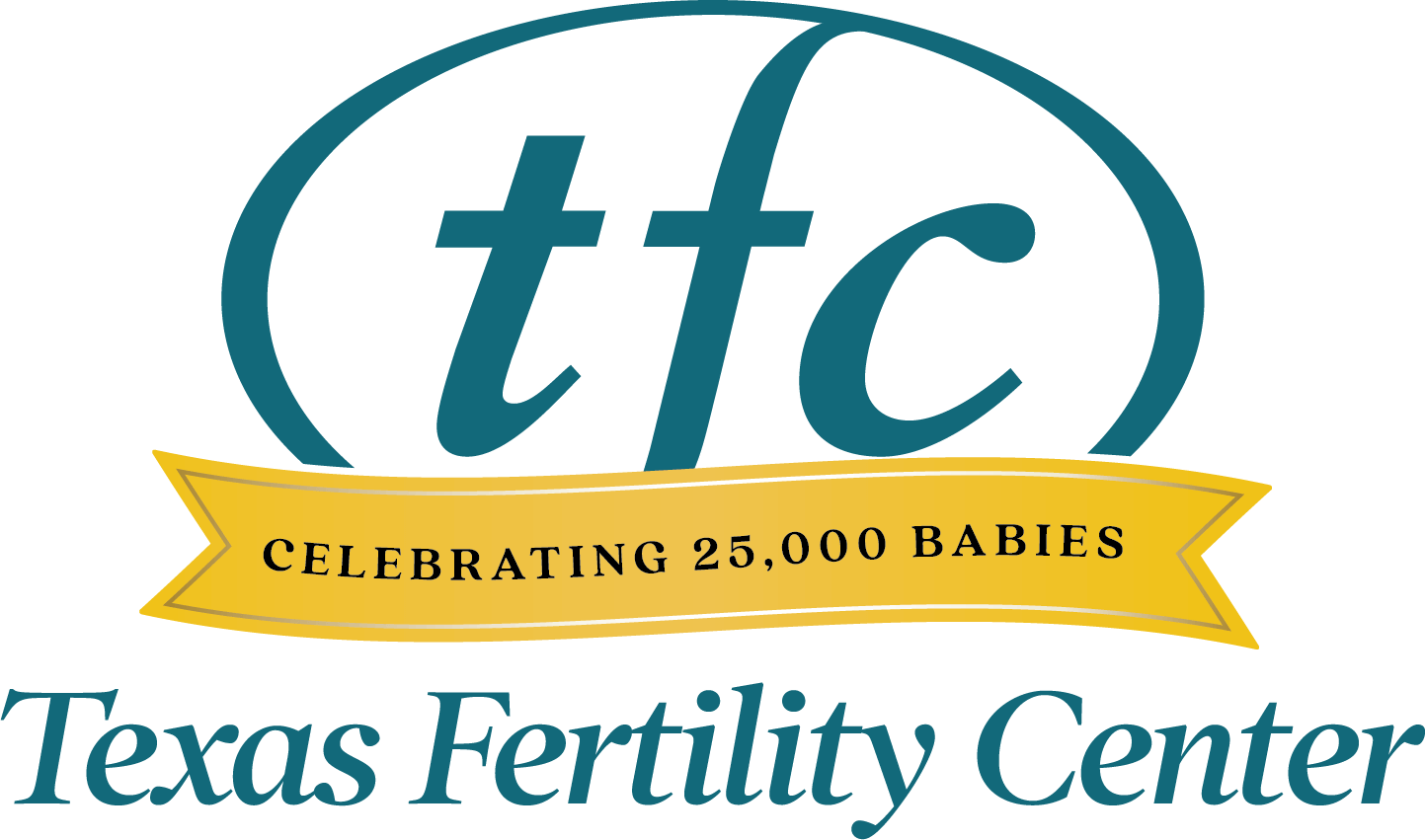
Premature ovarian insufficiency presents a roadblock on the path to motherhood
Everyone has heard of menopause, but not everyone is familiar with premature ovarian insufficiency (POI). Previously called premature ovarian failure, this condition occurs when a woman’s ovaries stop functioning normally before age 40. This occurs in about 1% of women, and it can happen to women as early as their teen years.
Susan Hudson MD, our New Braunfels infertility doctor knows that patients want to know why this happens. However, the cause of POI is often unknown. Some risk factors for this condition include genetics, autoimmune disorders and treatments like chemotherapy and radiation. Thankfully, Dr. Hudson can often treat a woman for POI without knowing why she is experiencing it.
What is premature ovarian insufficiency?
Most women will experience a decline in fertility around age 40. They will start to notice irregular periods and find that it’s more difficult to conceive. Women with premature ovarian insufficiency will experience these changes before they turn 40.
The first sign of premature ovarian failure is often irregular or missed periods, which are not due to a condition like polycystic ovary syndrome (PCOS). Symptoms that occur later often mimic the ones all women experience during menopause.
- Hot flashes and night sweats
- Vaginal dryness and pain during sex
- Irritability and difficulty concentrating
- Difficulty sleeping
- Infertility
It’s important to know that premature ovarian insufficiency is not the same thing as premature menopause. With premature menopause, a woman’s period stops completely before age 40 and she can no longer get pregnant. However, a woman with POI may occasionally have a period. She may also still be able to conceive with help from our New Braunfels infertility doctor.
What treatments can help with POI?
Before recommending a treatment plan, Dr. Hudson will order some tests to make an accurate diagnosis. Typically, these tests include a physical exam, bloodwork and an ultrasound. If the results reveal that a patient has premature ovarian insufficiency, the next step is developing a customized fertility treatment plan.
While it’s not possible to reverse this condition, fertility treatments are available. Some women with this diagnosis can conceive with their remaining eggs using in vitro fertilization (IVF). Other women can bring home a healthy baby with help from donor eggs or donor embryos.
Additionally, women with POI have a higher risk of developing heart disease and osteoporosis. As a result, Dr. Hudson may make the following recommendations.
- Hormone replacement therapy (HRT) provides estrogen when the ovaries stop producing it. This option can protect a woman’s bone and heart health.
- Calcium and vitamin D supplements can also protect women from osteoporosis.
- Exercise and a balanced diet can help promote a healthy body weight and heart health.
With help from our New Braunfels infertility doctor, you can manage your health and work towards your goal of motherhood. If you’re having trouble getting pregnant, contact us to learn how Dr. Hudson and her team can help.



